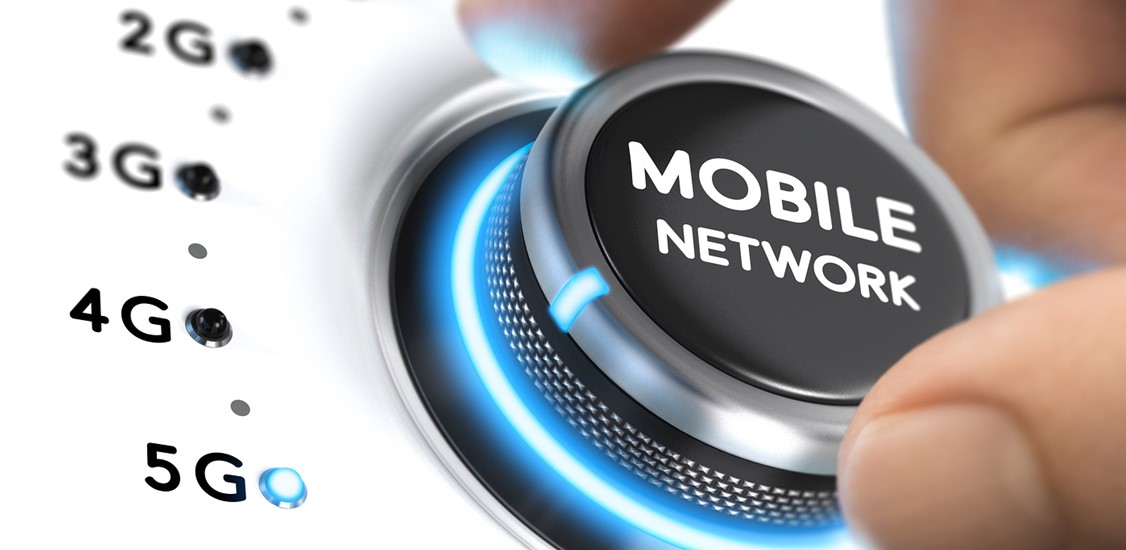The 2G and 3G switch off promised by the UK Government and leading UK mobile network operators (MNOs) is well underway. EE, Vodafone and Three all plan to switch off their 3G networks by the end of the year. As part of a wider global trend to phase out legacy networks, 2G and 3G will be ‘sunset’ by 2033 at the latest.
While 2G will remain in use for far longer as an essential infrastructural fallback for emergency services and other important utilities, there has been a continual decline in the use of 3G in recent years as more users upgrade to 4G and 5G capable devices. With a full 3G switch-off on the horizon, the time is right to discuss the benefits of the UK’s phased switch-off for operators and consumers, while also highlighting the implications for both that must be kept in mind.
The benefits and implications of the 3G sunset for operators
There are many ways MNOs stand to gain from the 3G switch-off. As the deadline for industry net zero pledges creeps closer, operators will be taking a serious look at the efficiency of their networks. 3G infrastructure is incredibly energy-inefficient by today’s standards. According to Vodafone, sending a terabyte of data across a 5G network uses just 7% of the energy to send the same amount of data on a 3G network. While there’s certainly more that can be done to reach net zero, 3G sunsetting is a step in the right direction.
Spectrum refarming is also a crucial factor. There is a finite amount of spectrum available, so an operator’s spectrum holding is extremely valuable. Mid-band spectrum is used for 5G, 2G, 3G and 4G networks. By switching off 3G networks, operators are able to ‘refarm’ this spectrum for use with more important and in-demand networks. As BT’s Chief Networks Office Greg McCall puts it: “Retiring 3G means we can reuse the spectrum to strengthen our 4G and 5G experiences (which the majority of customers use every day) and make sure more communities have access to a fast, reliable and sustainable mobile network.” Given that many consumers believe 5G hasn’t delivered on its promises, the 3G sunset also presents operators with an opportunity to emphasise the 5G QoS increase that will be delivered.
Operators including Vodafone and O2 have stated 3G activity currently accounts for less than 4% of data used on their networks. Given 3G’s continual decline, it makes sense that operators do not continue putting time and resources into keeping 3G infrastructure up and running, with this unnecessary capital and operational expenditure ultimately holding back investments into improved quality of service (QoS) for customers.
What the 3G switch-off means for consumers
Research from Uswitch shows that more than half of UK users have received no communication from their provider about the 3G switch-off, with 43 percent not even aware the switch-off is happening. One in eight (13%) UK mobile phone users are not sure if their handset is 4G or 5G ready, and a further 5% still use a 3G mobile handset. This means 2.7 million UK users could be left without mobile data access if they don’t upgrade their device or follow the advice of service providers. Operators need to be more proactive when it comes to communicating with customers on 3G sunsetting, conveying the exact details.
While there are no UK Government-level subsidies to support those impacted by the switch-off, some operators, such as EE, are running device upgrade schemes to ensure their most vulnerable customers – such as the elderly and those at lower income levels – are not left behind. MNOs’ decision to switch off 3G will also impact mobile virtual network operators (MVNO), such as GiffGaff, Tesco and Sky Mobile, whose service runs over the wireless infrastructure of these larger service providers. Customers of MVNOs may not be aware they will also be affected by the switch-off and must also be contacted.
But the 3G switch-off doesn’t just impact local users. The fact that 2G networks will be phased out far later than 3G is important for international roamers visiting the UK. Many emerging countries still rely heavily on 2G and 3G, with the majority of residents only owning 2G and 3G-capable devices. Without a 2G or 3G network, when travellers from these countries visit the UK, they wouldn’t be able to connect to essential voice services, such as the emergency services. Thankfully, as 2G remains in use, those visiting without Voice over LTE (VoLTE)-capable devices can still rely on it for essential services such as voice and SMS services until it is switched off closer to 2033.
The future of network monitoring
With the 3G sunset, mobile network operators have a unique opportunity to address weak points in their networks and improve the consumer experience. Advanced analytical tools can be used to achieve this goal, such as those powered by crowdsourced intelligence.
These tools can map downlink throughput on 3G devices in different regions to help identify areas with dense 3G traffic. This insight can help operators more effectively prioritise which regions to sunset first. Additionally, intelligent data can identify users who may not realise they are using 3G on a 4G capable device so these users can be proactively contacted. Tools can also analyse VoLTE coverage, meaning proactive measures can be taken to avoid users being kicked onto 2G coverage where 3G is no longer available.
Operators are also turning to AI to ensure their networks are operating smoothly, but there is a shortage of individuals with the required skill set in the network monitoring space. Recruiting and training more specialised network engineers is necessary to support networks as they become more virtualised and complex.
The 3G switch-off benefits are multiple. It will free up spectrum, help with OpEx and CapEx, and increase energy efficiency, leading to an improvement in QoS. It is also important to keep in mind the wide implication the UK’s 3G sunsetting will have on users at home, as well as abroad, but ultimately, the sunsetting of 3G networks is a carefully considered, mutually beneficial decision in everyone’s interest.






















